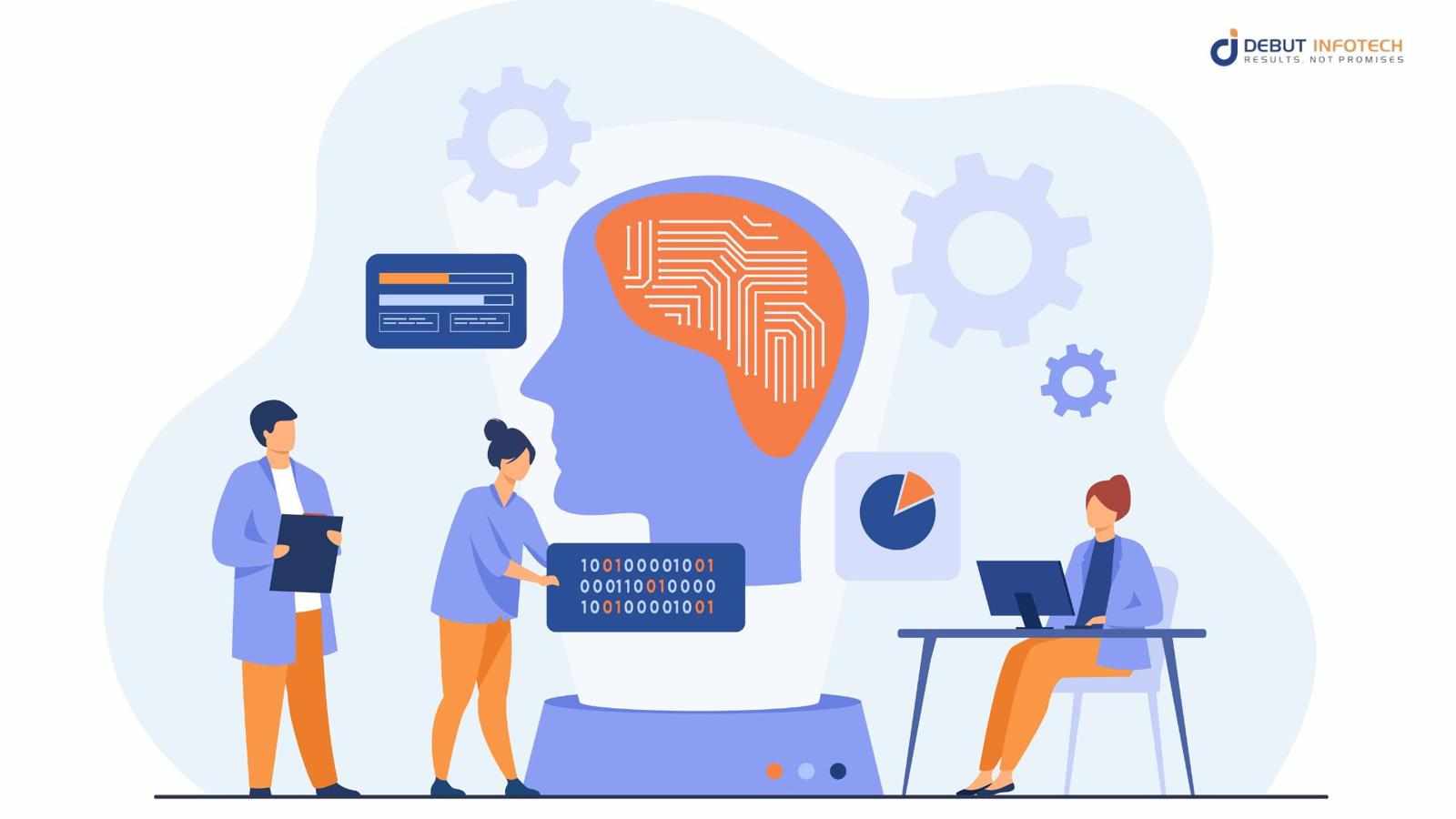
Introduction
In today’s fast-paced digital landscape, businesses are continually seeking ways to improve efficiency, reduce costs, and stay competitive. AI Business Process Automation is rapidly becoming a key enabler of these objectives, transforming traditional workflows and delivering benefits that range from streamlined operations to enhanced decision-making. Let’s explore what AI BPA is, how it works, and the myriad ways it can transform businesses of all sizes.
What is AI Business Process Automation?
AI Business Process Automation is the use of artificial intelligence technologies to automate repetitive and rule-based tasks that are traditionally carried out by human workers. Unlike standard automation, which follows strict predefined rules, AI-powered automation leverages machine learning (ML), natural language processing (NLP), and other advanced AI technologies to make decisions, learn from data, and adapt to changing circumstances.
Key Components of AI BPA
Robotic Process Automation (RPA): RPA involves using software bots to mimic human actions within digital systems, such as clicking, typing, and navigating applications. When combined with AI, RPA can perform more complex tasks that require decision-making and data analysis.
Machine Learning (ML): ML is the engine behind AI systems that allows them to learn from data without explicit programming. In BPA, ML is used to process large amounts of data, identify patterns, and make predictions, improving decision-making and process efficiency over time.
Natural Language Processing (NLP): NLP enables AI to understand, interpret, and respond to human language. In BPA, NLP powers features like chatbots, virtual assistants, and voice recognition systems, which can automate customer support, data entry, and more.
Cognitive Automation: This is a more advanced form of BPA that uses AI to simulate human thought processes. Cognitive automation can understand context, make complex decisions, and adapt to changes in data, making it ideal for high-level tasks like risk management and fraud detection.
How AI BPA Transforms Business Processes
AI BPA has the potential to revolutionize how businesses operate. By automating both simple and complex tasks, companies can optimize workflows, reduce human error, and free up employees to focus on higher-value work. Here are some ways AI BPA is transforming business processes across industries:
Improved Efficiency and Cost Reduction: AI BPA can handle repetitive tasks such as data entry, invoice processing, and report generation with greater speed and accuracy than humans. By automating these tasks, companies can reduce operational costs, eliminate human errors, and significantly boost productivity. In industries like finance and healthcare, this efficiency translates into millions of dollars saved annually.
Enhanced Customer Experience: AI Chatbots and AI-driven virtual assistants can provide personalized and immediate responses to customer inquiries, enhancing customer service without the need for additional human resources. This not only improves customer satisfaction but also allows companies to scale their customer support operations more efficiently.
Data-Driven Decision Making: AI-powered analytics can process vast amounts of data in real time, providing businesses with actionable insights that drive decision-making. For example, AI can help companies identify market trends, predict consumer behavior, and optimize supply chain operations, all of which lead to better business outcomes.
Employee Empowerment: By automating mundane tasks, AI BPA allows employees to focus on more strategic, creative, and customer-facing activities. This leads to higher job satisfaction and enables employees to contribute more to the company's growth.
Compliance and Risk Management: AI BPA can help organizations ensure regulatory compliance by automating documentation, monitoring transactions for suspicious activity, and flagging potential risks. For instance, in financial institutions, AI can be used to detect fraudulent transactions or identify patterns that indicate potential money laundering activities.
Real-World Examples of AI BPA
Finance and Accounting: AI-powered automation is transforming the finance industry by streamlining processes such as expense management, invoice processing, and payroll. Machine learning algorithms can analyze financial data, identify trends, and make forecasts, allowing companies to make smarter financial decisions.
Healthcare: In healthcare, AI BPA is used to automate administrative tasks such as patient scheduling, medical billing, and claims processing. Additionally, AI systems are aiding in diagnostics by analyzing medical images and patient data to provide faster, more accurate diagnoses.
Retail: Retailers are using AI BPA to enhance customer experiences through personalized recommendations, automated inventory management, and real-time supply chain optimization. AI chatbots also assist in answering customer queries and handling returns, allowing companies to scale their operations with ease.
Human Resources: In HR departments, AI BPA can automate the recruitment process by screening resumes, scheduling interviews, and even conducting initial candidate assessments. AI can also be used to monitor employee performance and provide personalized training recommendations based on individual skills and needs.
Challenges and Considerations
While AI BPA offers many benefits, it’s not without its challenges. Implementing AI-driven automation requires a clear strategy, proper infrastructure, and a deep understanding of the processes that need to be automated. Additionally, businesses need to be mindful of the potential impact on their workforce. As AI takes over certain tasks, reskilling and upskilling employees will be critical to ensuring a smooth transition and minimizing job displacement.
The Future of AI BPA
As AI technologies and blockchain technology continue to advance, the scope and potential of BPA will only grow. Future developments in areas like quantum computing, AI ethics, and explainable AI could further enhance the capabilities of AI BPA, making it an indispensable tool for businesses worldwide. In the coming years, we can expect to see even more sophisticated applications of AI BPA, from predictive maintenance in manufacturing to autonomous decision-making in supply chains.
Conclusion
AI Business Process Automation is not just a trend; it's a transformative technology that is reshaping industries and redefining how businesses operate. By automating routine tasks, enhancing decision-making, and freeing up human resources for more strategic activities, AI BPA is empowering companies to operate more efficiently and innovate faster than ever before.

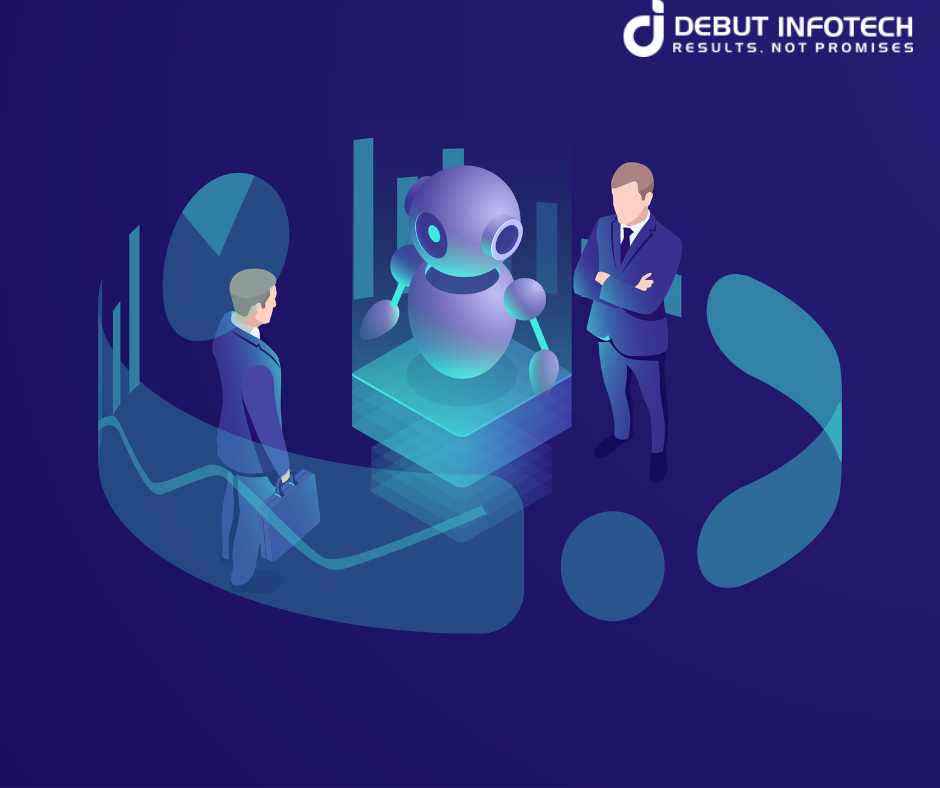

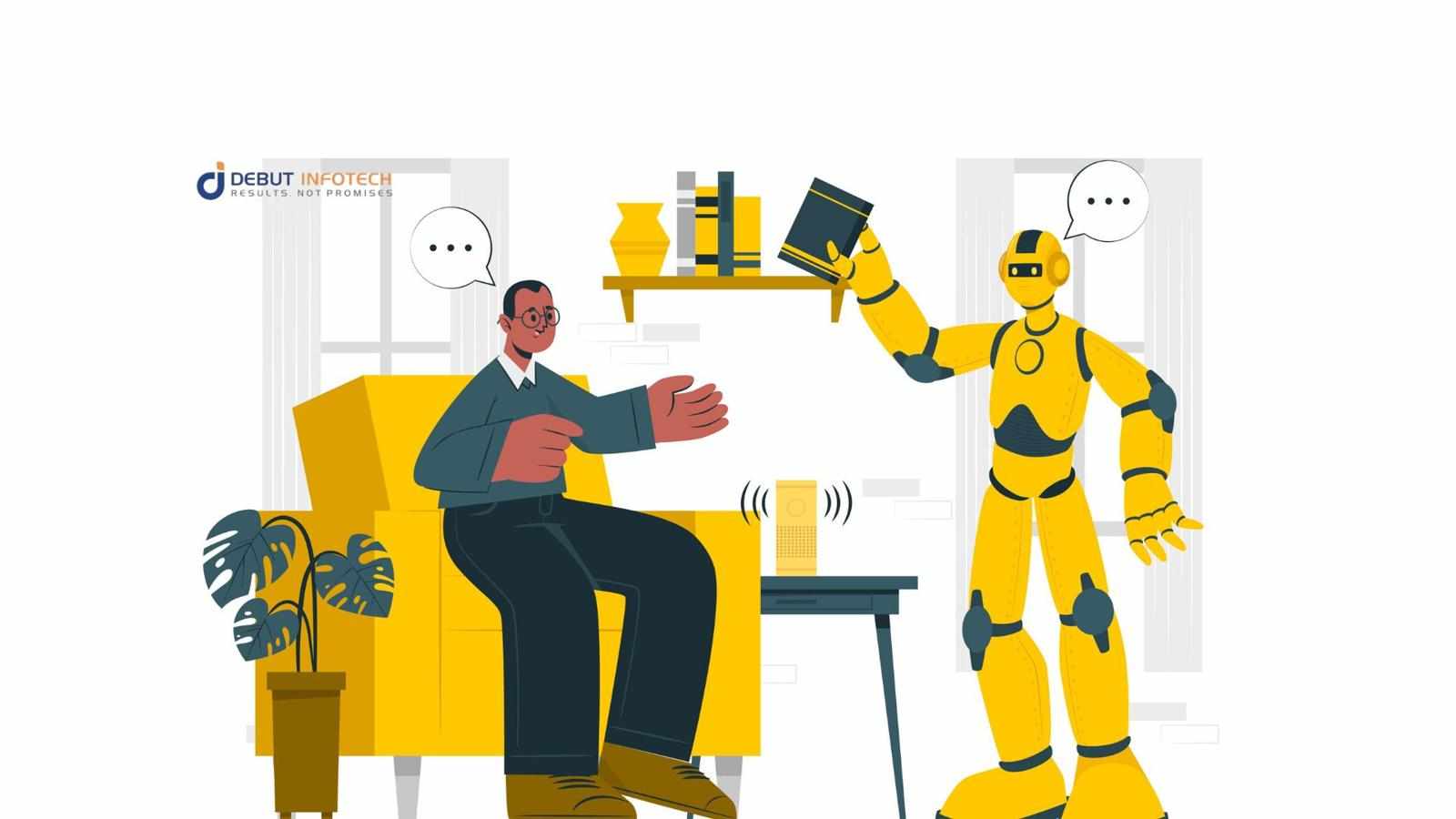
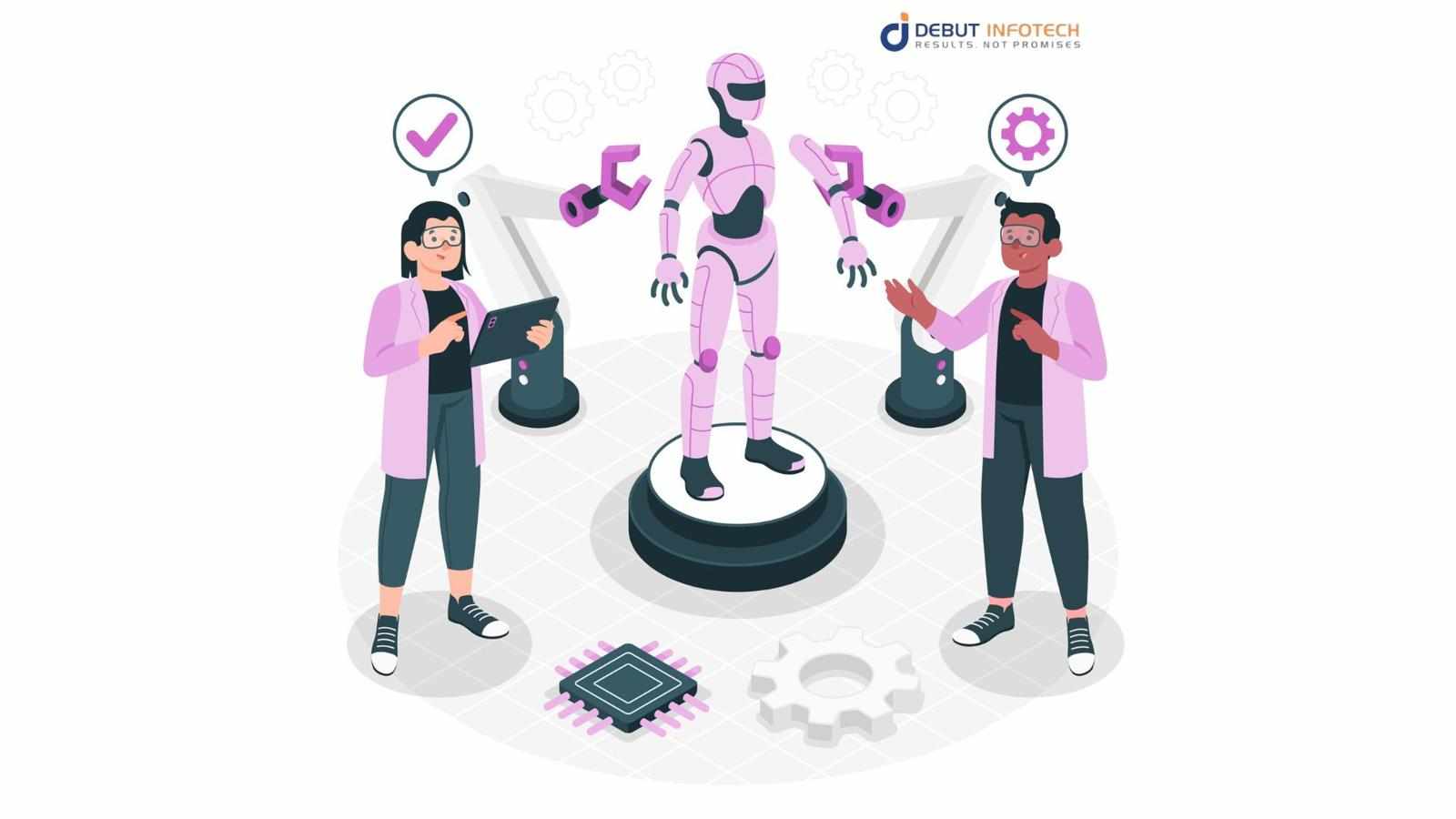
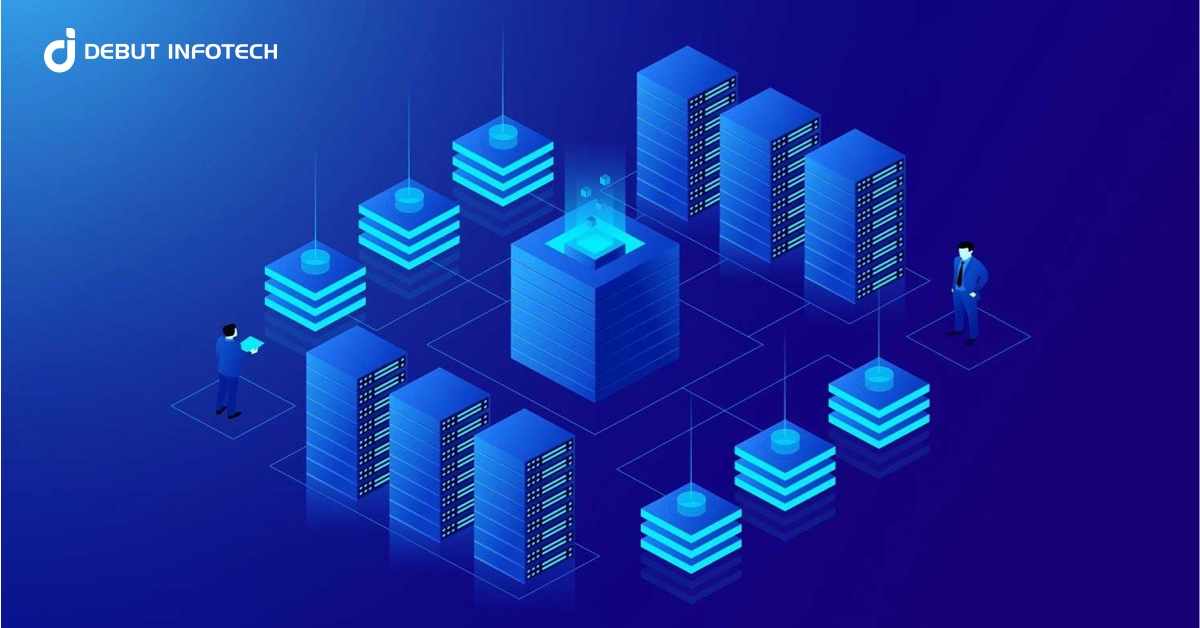

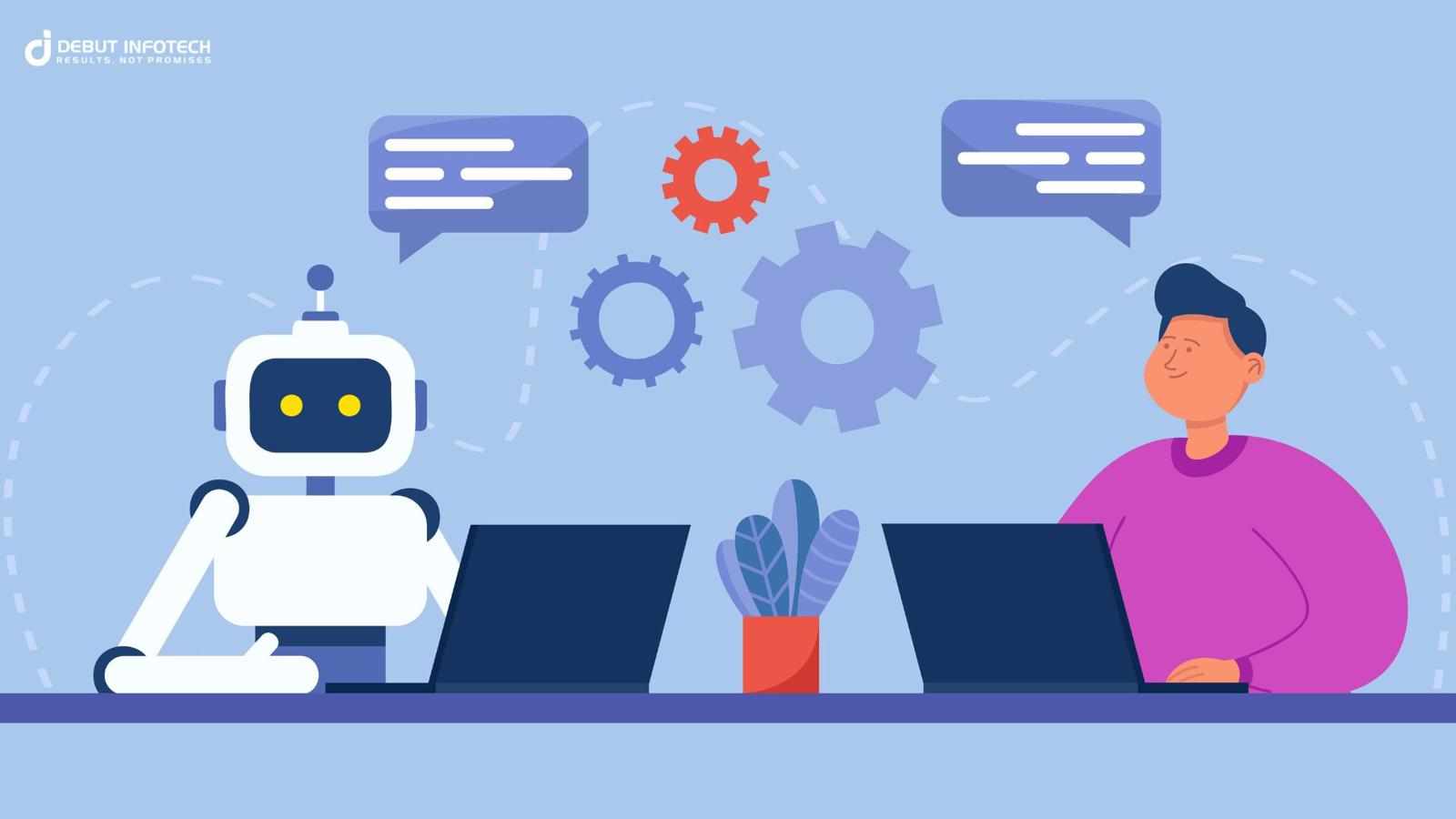
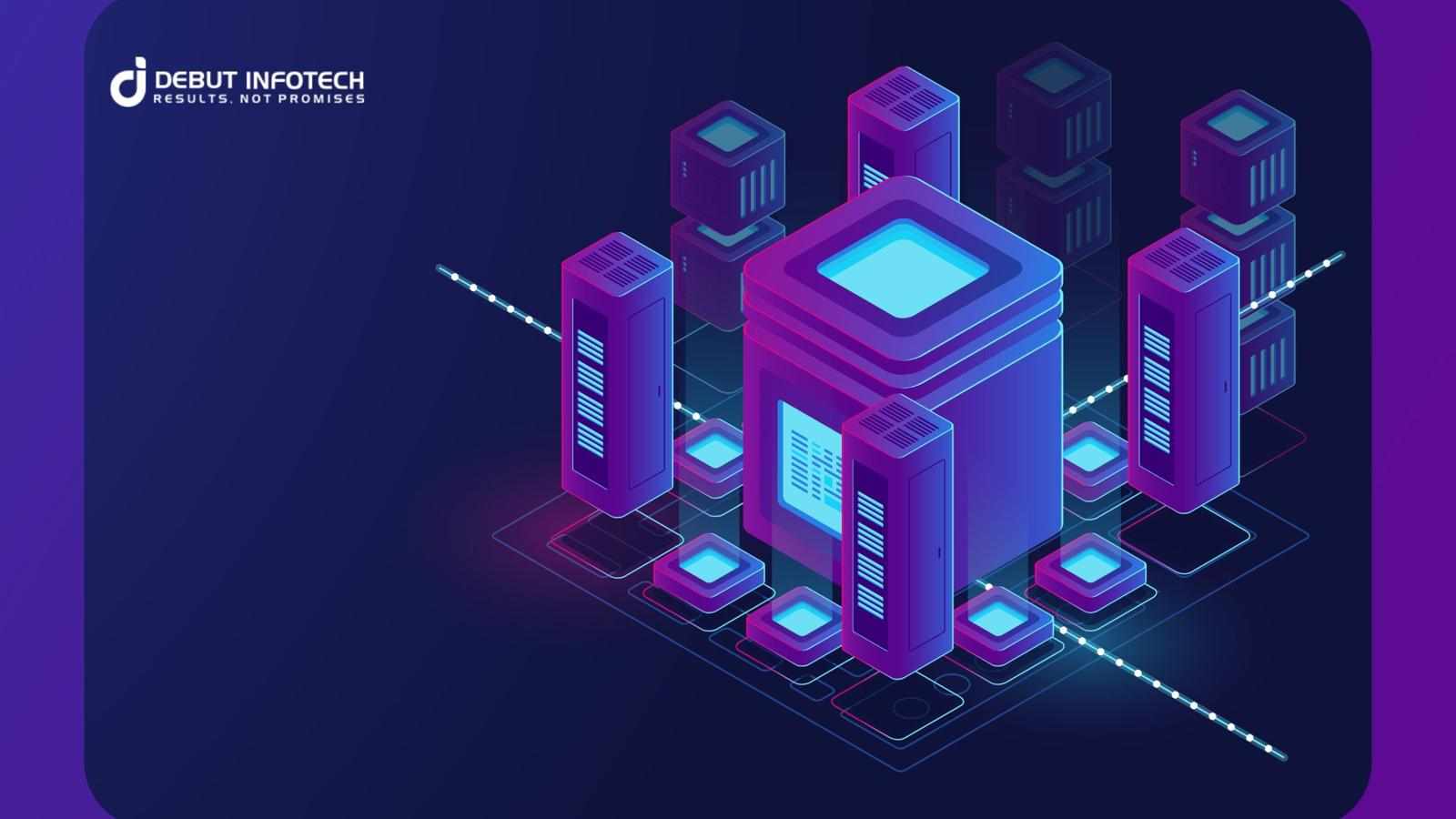
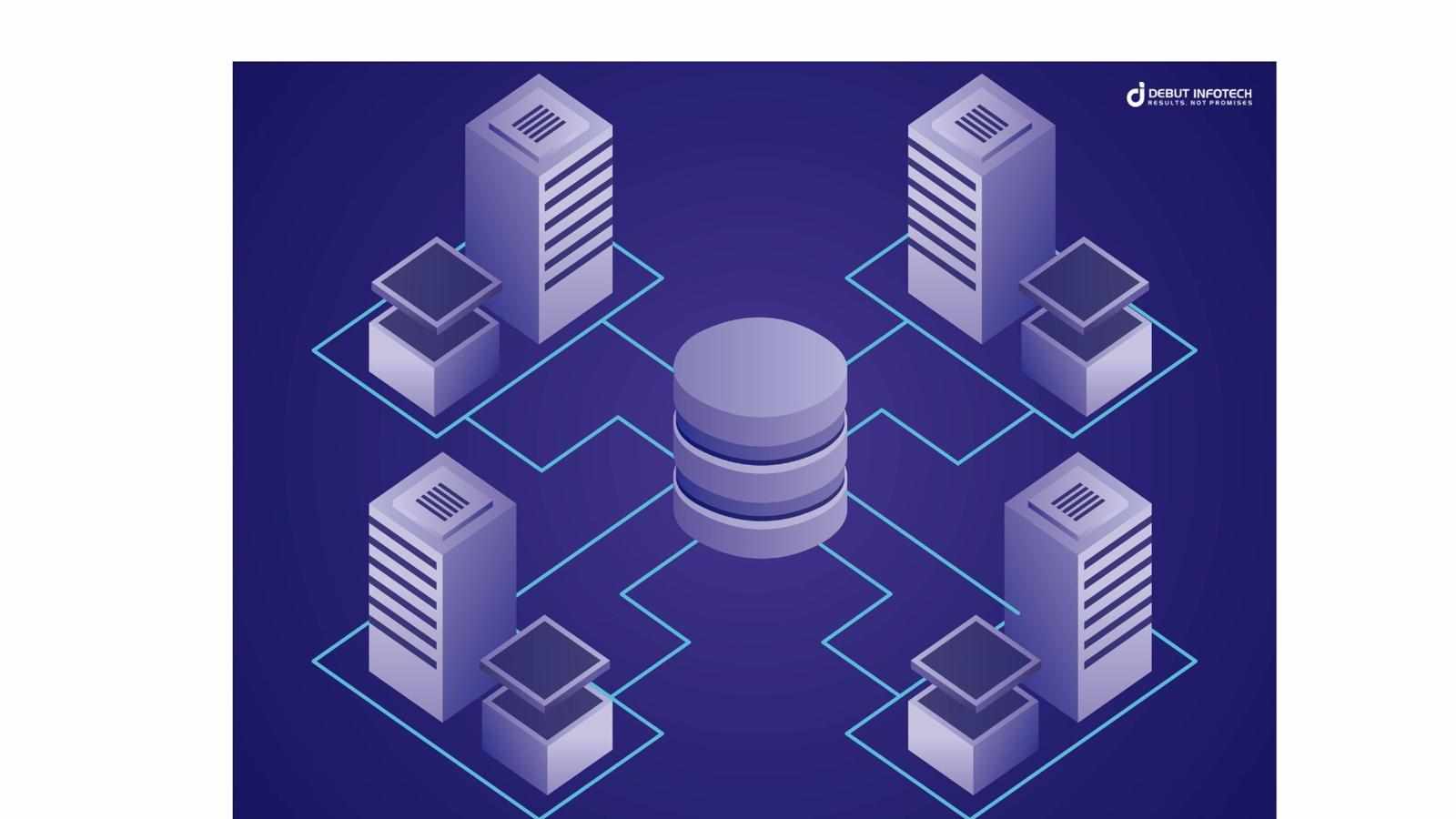
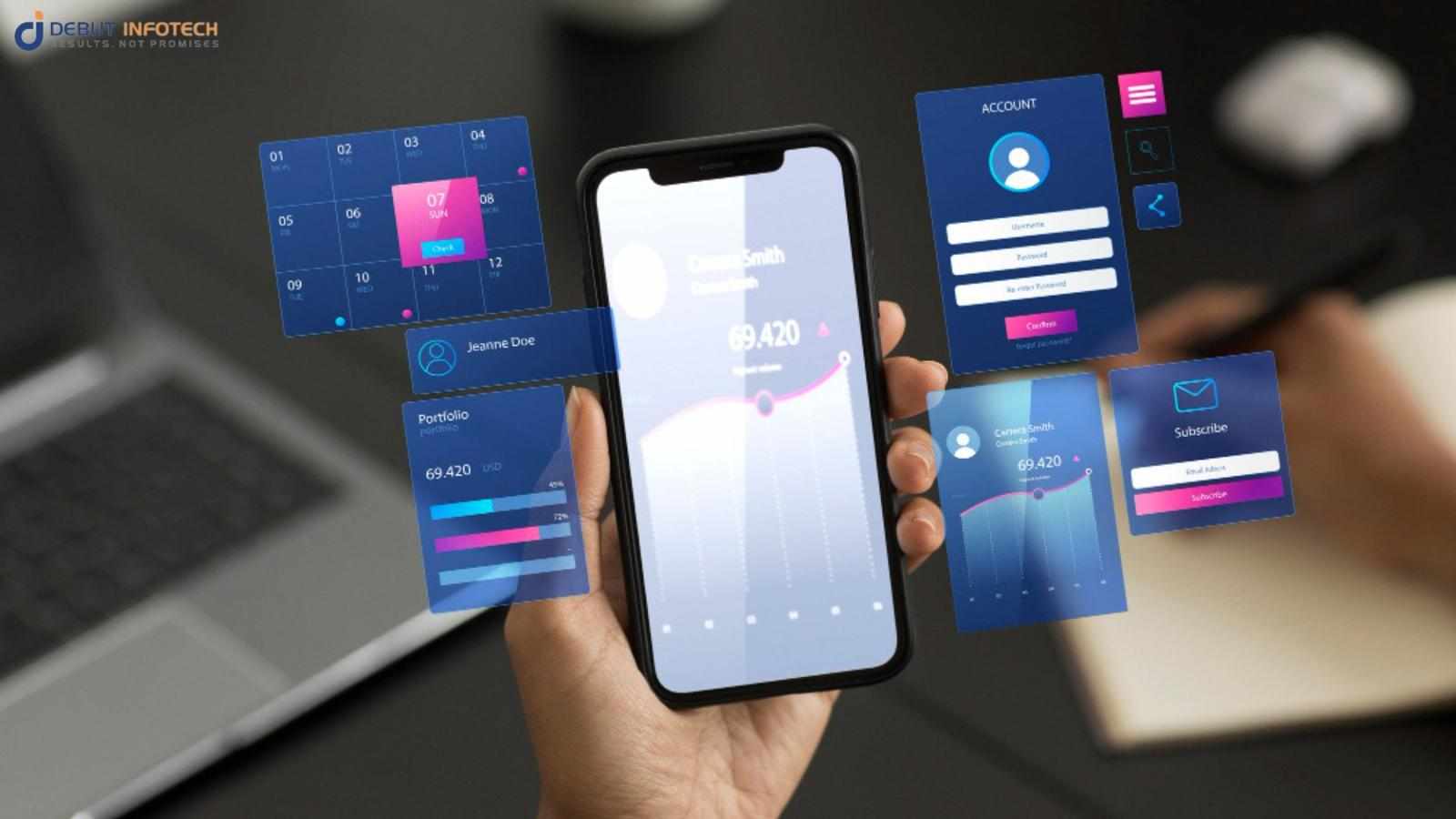

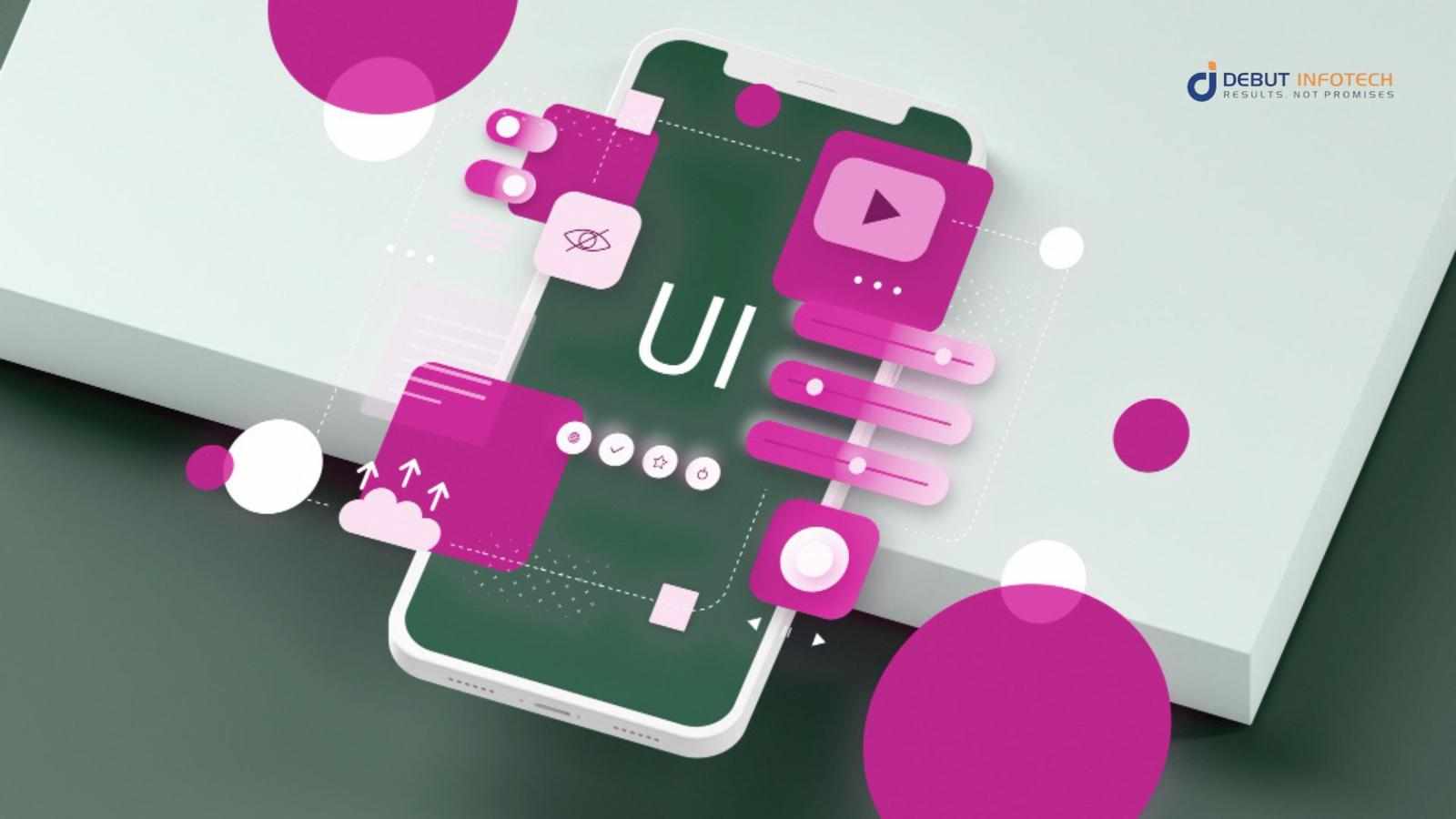

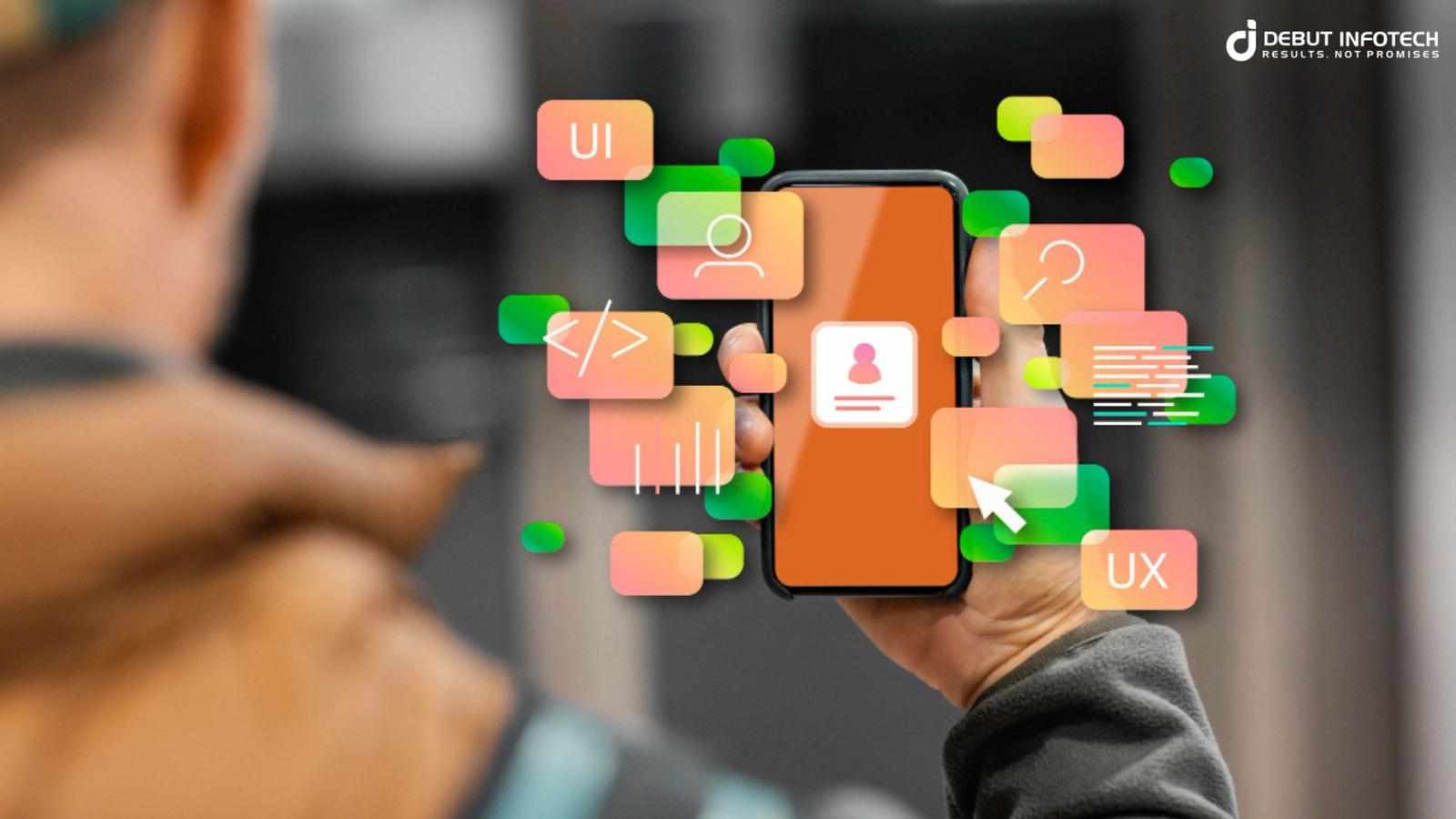

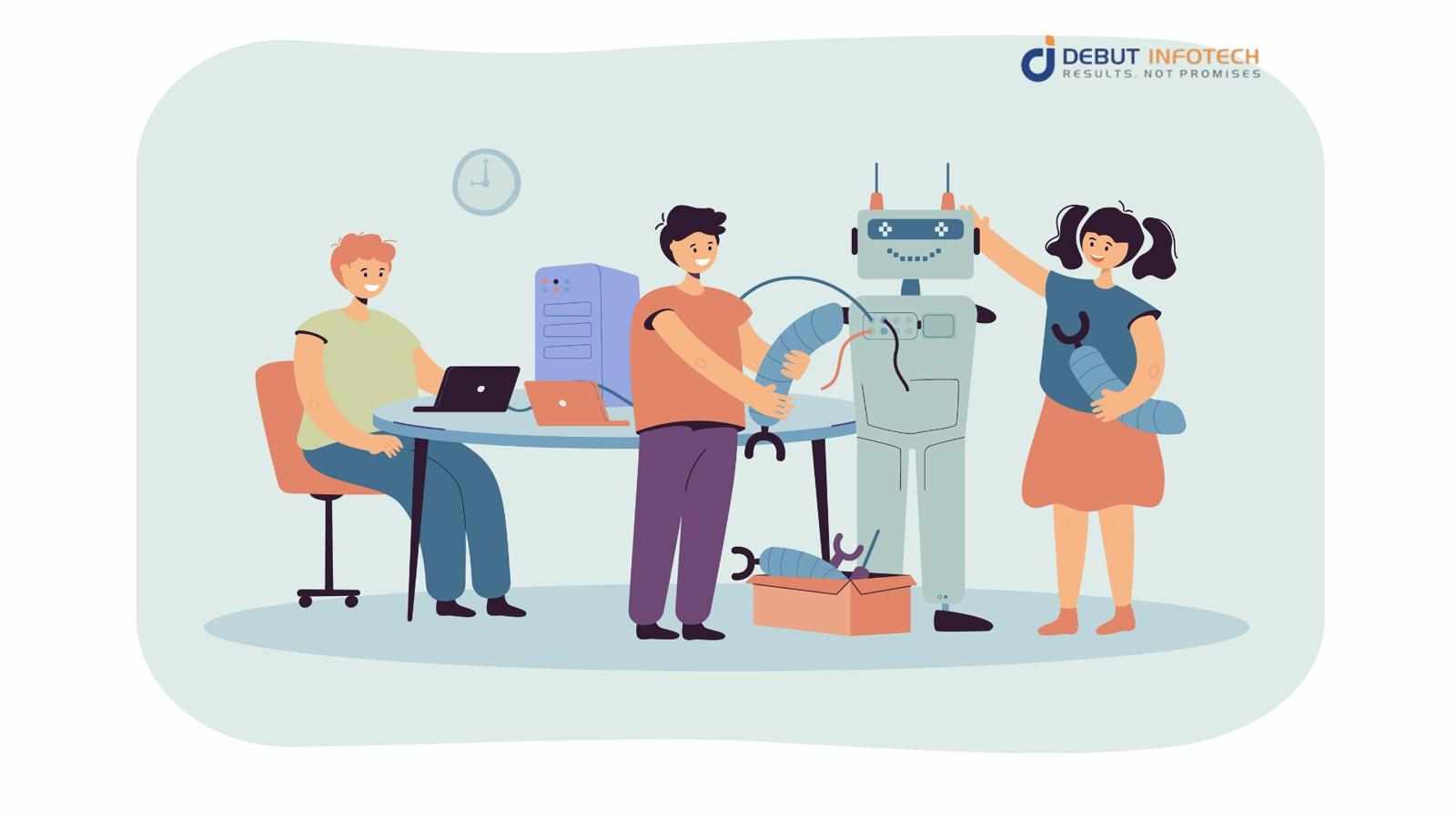



Write a comment ...